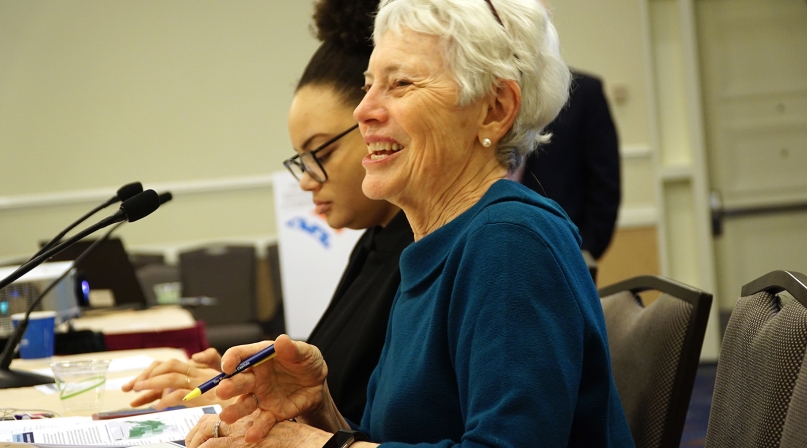Rural counties face challenges and high stakes in 2020 census

Key Takeaways
With nearly $900 billion in annual federal funding at stake, an accurate census is crucial to any county. But with harder to reach residents and limited internet connectivity — when the Census Bureau wants to prioritize online responses — rural counties face additional challenges to getting a complete count. More than 60 programs — totalling roughly $30 billion — driven by census data are exclusively for rural areas.
“Accurate information is needed to make sound decisions about these programs,” said Cara Brumfield, senior policy analyst Georgetown University Center on Poverty and Inequality.
Learn More
SNAP, for instance, allocates $71 billion per year based on census data.
“If the census data are inaccurate because certain groups are undercounted, especially if groups that are concentrated in certain communities are undercounted, that’s going to put those communities at a disadvantage,” she said. “They’re not going to get their fair share of federal dollars.”
Census data determine regional eligibility for programs including rental assistance programs, loan programs, direct payments and the National School Lunch program.
“So much money is on the line and now we understand the characteristics of our communities and what they need all depends on how accurate this data is,” Brumfield said.
The Census Bureau is aiming for 55 percent of residents to reply to the census online, but Brumfield said rural areas, particularly without reliable internet will be mailed traditional census forms.
Attachments
Related News

County Countdown – May 6, 2025
Every other week, NACo's County Countdown reviews top federal policy advocacy items with an eye towards counties and the intergovernmental partnership. This week features

Congressional leaders introduce bipartisan bill to strengthen technical assistance for rural broadband
The Rural Broadband Assistance Act strengthens local access to federal broadband programs by codifying USDA’s Broadband Technical Assistance Program and ensuring continued support for broadband deployment in rural communities.
2025 Rural Innovation Summit brings together rural development leaders at NACo headquarters
On April 10, NACo hosted the 2025 Rural Innovation Summit at its Washington, D.C. headquarters, convening more than 60 rural development leaders, practitioners, policymakers and advocates for a day of in-depth policy dialogue, partnership building and federal advocacy.
